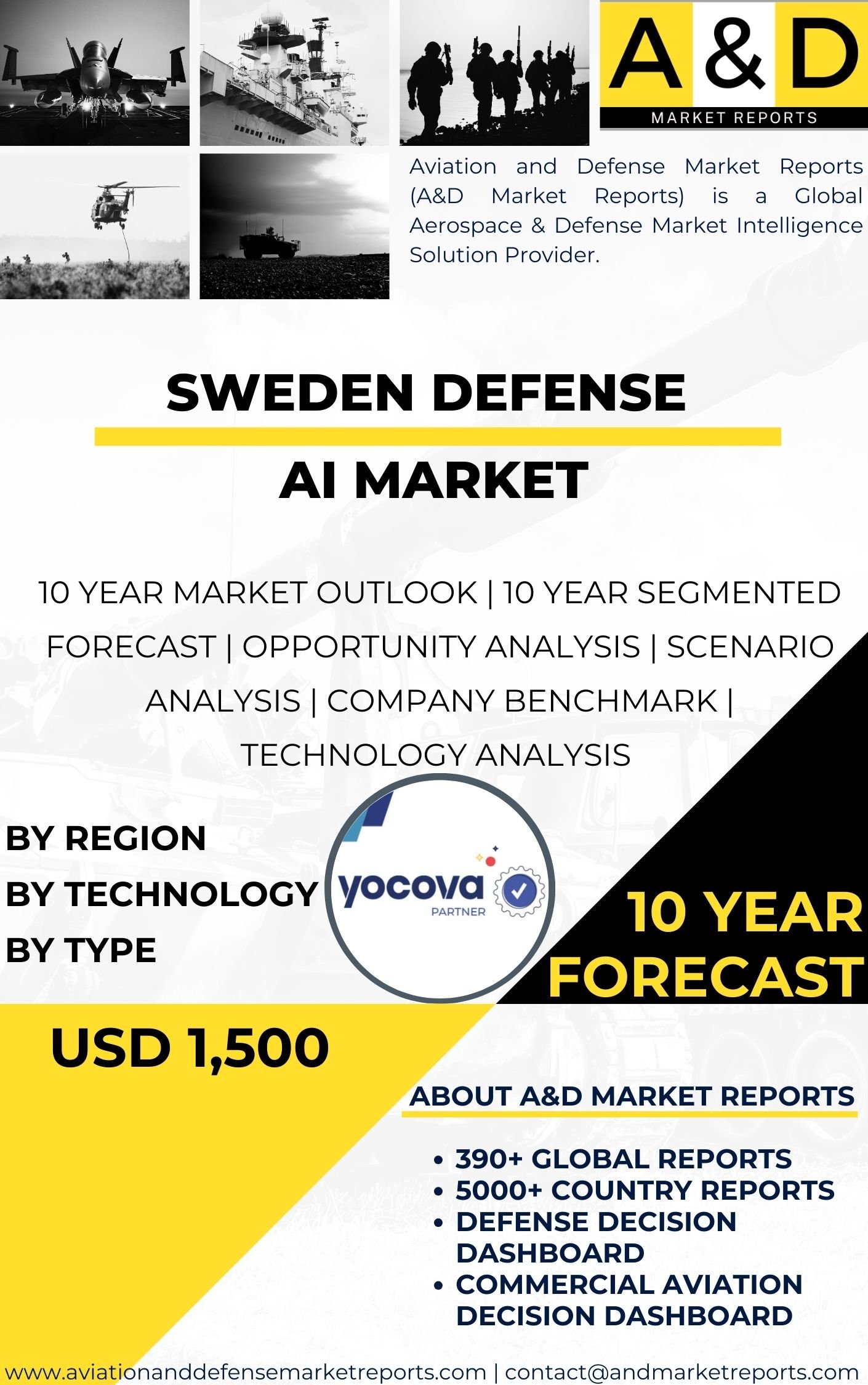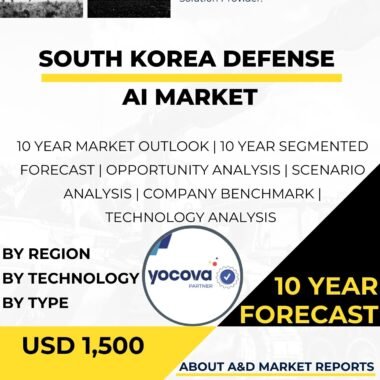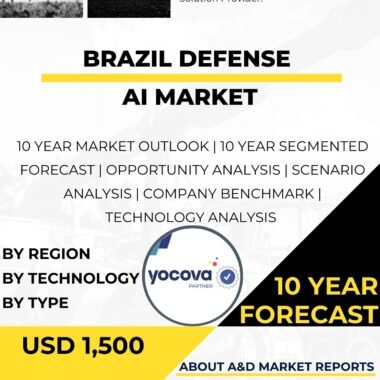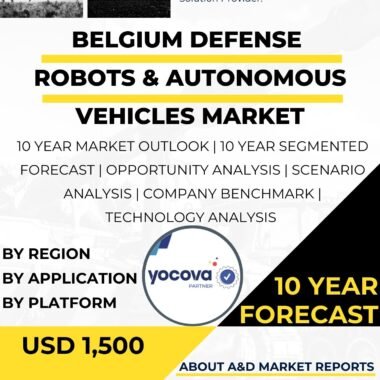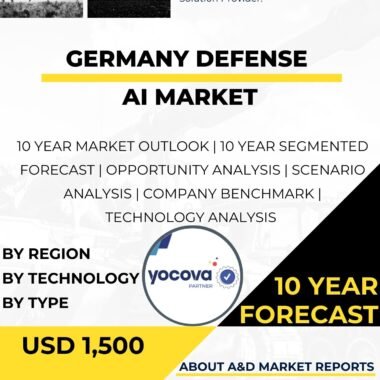Description
Sweden Defense Artificial Intelligence (AI) Market Overview
The Sweden Defense AI Market is a fast-growing segment of the country’s defense industry. AI technologies support military modernization and help address emerging security threats. Sweden’s focus on innovation and digital capability strengthens its position in the global defense AI landscape.
Sweden Defense Artificial Intelligence (AI) Market Technology Scope
Artificial intelligence enables machines to learn, analyze data, and support decision-making. In the Sweden Defense Artificial Intelligence (AI) Market, applications include surveillance systems, predictive analytics, cybersecurity tools, and autonomous platforms. These solutions improve operational speed, accuracy, and efficiency across defense missions.
Sweden Defense Artificial Intelligence (AI) Market Strategic Importance
Sweden invests in domestic AI development to enhance self-reliance and protect sensitive technologies. Indigenous innovation reduces dependence on foreign suppliers and secures long-term access to advanced defense capabilities. This strategy also supports national research institutions and strengthens the local defense technology ecosystem.
Sweden Defense AI Market Applications in Surveillance and Reconnaissance
AI-powered surveillance systems analyze large volumes of sensor and imagery data in real time. These systems enhance situational awareness and enable faster threat detection. Intelligent data processing allows military commanders to respond quickly and make informed operational decisions.
Sweden Defense AI Market Role in Autonomous Systems
Autonomous drones and unmanned ground vehicles rely heavily on AI algorithms. These platforms support intelligence gathering, border monitoring, and mission planning while reducing risks to personnel. AI improves navigation, target identification, and adaptive response in complex environments.
Sweden Defense AI Market in Predictive Maintenance and Logistics
AI-driven predictive maintenance systems monitor equipment health and forecast potential failures. This reduces downtime and extends asset lifespan. Efficient logistics management supported by AI also improves resource allocation and cost control within defense operations.
Market Industry Landscape
Saab Group is a major contributor to Sweden’s defense AI development. Through expertise in sensor fusion, analytics, and system integration, Saab supports AI-enabled command and control systems and advanced autonomous platforms. Collaboration between defense companies and research institutions accelerates innovation in this sector.
Market Challenges
The market must address cybersecurity risks, system reliability, and ethical considerations. Protecting AI systems from cyber threats is essential. Transparent governance and compliance with international standards remain important for responsible deployment.
Market Outlook
The Sweden Defense Artificial Intelligence (AI) Market is expected to expand steadily, driven by modernization efforts and technological advancement. Continued research, strong industry partnerships, and responsible innovation will help Sweden maintain a competitive position in the global defense AI sector.
